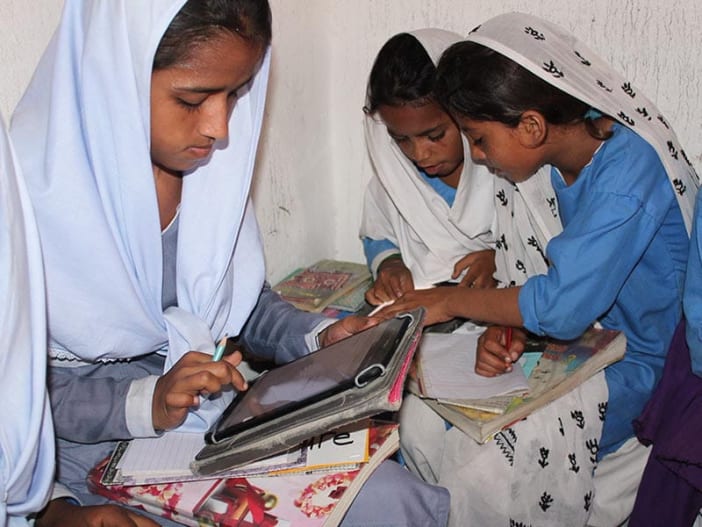A blog is sometimes just a personal diary on the internet. But to me, it is more than that. It is a voice – my voice. The first time I heard about blogging, I was excited. Finally, I could make my voice heard. Writing a blog gives you the opportunity to think about your experiences and form opinions of your own.
Blogging can be used to have a positive or negative effect in a society. Having the power to say what you want to say without censorship, transfers the moral responsibility to the writer.
I use my blog to highlight organisations in Kenya that do a good job concerning development issues. My top priority is HIV and I look out for good practice. A number of my blog entries have been published in newspapers here in Kenya. When I read those articles I think to myself, yes, my voice got heard.
Blogging is now taken more seriously in African society. A Media Blog Association has been set up. Anyone can write and publish a blog on the web, so blogging is a form of citizen journalism. It is also a networking tool – Kenya Unlimited has a website which is bringing together Kenyans around the world to discuss issues that matter to them.
I believe that development organisations should take advantage of blogs. What better opportunity to tell your story in your own voice?
Maria Kanini works with Trans World Radio as the Public Relations Offi cer, and is also involved in a lot of fundraising and project management. Email: [email protected]
An extract from Maria’s blog
‘Finally … the church is discussing HIV!
For the last two years, Trans World Radio – Kenya and Tearfund UK have worked together to translate, publish and distribute Swahili books about HIV. In 2005, Trans World Radio launched the Swahili version of the PILLARS book titled Responding more effectively to HIV and AIDS.
The idea was to have churches discuss the books in their meetings. You see, the argument in Africa and especially in Kenya is that the church is not doing enough about HIV. But the question is … are we equipping the clergy to do so?
We teamed up with All Nations Gospel Church Gikomba, in Majengo, one of the slums in Nairobi, Kenya. It took a while to convince the senior pastor of the church, but then he sold the idea to the board. His enthusiasm towards this project cannot be underestimated.
So last night … l finally met up with the Bible study groups that have been using these books and discussing HIV. These people discussed this pandemic with no shame. It was amazing … no shame! This was a mixed group of all ages and there was absolutely no shame in discussing why women are more vulnerable to HIV. You would have thought that people would have walked out because of the initial tension as they openly discussed the anatomy of our bodies. But no, this church has decided it is time to be open and that silence has killed people for too long.
Finally, a revolution has begun. And hey, l thought they would only discuss this book for four sessions, but they plan to cover the entire book with over 20 sessions. How about that? The idea is simple … one church at a time, discussing HIV regularly in their Bible studies and with their leaders, keeping notes so that we can evaluate their reactions.
If this is not a revolution, what is?’








